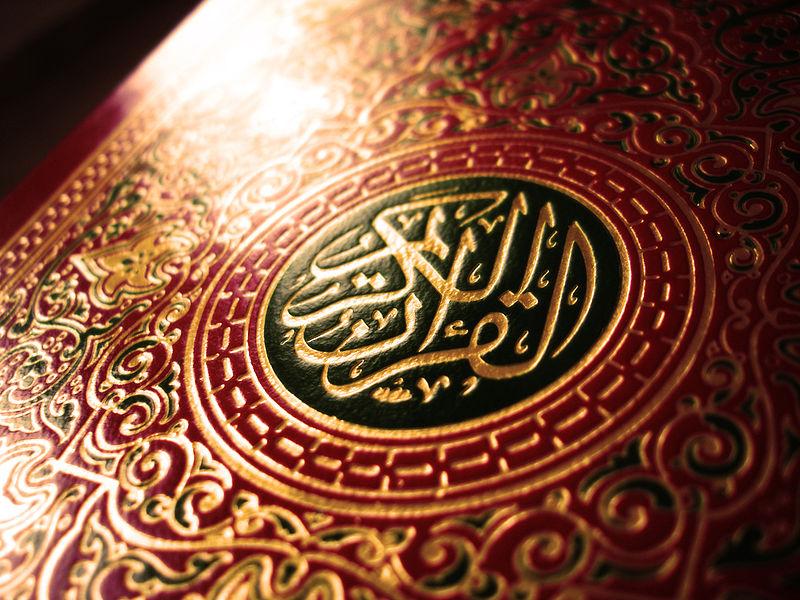Mosque leader suspected of framing Pakistani teenager for blasphemy
In Pakistan, it is a crime to burn the Quran, the Islamic holy book. (Photo by ~crystalina~ via Wikimedia Commons.)
Police in Pakistan have detained a Muslim cleric suspected of planting evidence to frame a young Christian girl for blasphemy.
Last month, 14-year-old Rimsha Masih was arrested after Imam Khalid Chishti claimed she was carrying burned pages of the Koran. She’s been in a high-security prison ever since, even though she was deemed to be a juvenile with some mental impairment. Now, it turns out the cleric making the accusation may have done the deed himself.
Prosecutors told the BBC the cleric, Imam Khalid Chishti, will now face charges of blasphemy.
Journalist and independent Pakistani filmmaker Beena Sarwar said that blasphemy cases in Pakistan often have to do with economic and political rivalry.
“In every single case of blasphemy that has been investigated so far, it’s been found that there’s some kind of motive other than religious behind it, which has got to do with property, with debt evasion,” she said.
An eyewitness said he saw the cleric putting burnt pages of the Koran into the bag Rimsha was carrying. When asked why he was tampering with the bag, according to the witness, Chishti said, “This will make our case stronger.”
He also allegedly told the witness that he wanted Christians out of the area.
But Sarwar said it’s not actually about religious intolerance or anti-Christian sentiment.
“In Pakistan, the different religions have lived peacefully and coexisted for years. But there are troublemakers who create these kind of disturbances in a very deliberate way. It’s instigated, planned, and religious emotions are then played up to create this kind of an atmosphere,” she said. “Prime property in Punjab — to get the Christians out of that area, and take over that area — might well have been a motive, because a lot of them have fled that area now.”
In 2010, a Pakistani Christian woman named Asia Bibi was the first woman sentenced to death under the blasphemy law, however, no superior court in Pakistan has upheld the death sentences.
Sarwar said Bibi’s case will likely go to the High Court in Punjab, and under normal circumstances, will get overturned. She said the ordeal is an example of how Pakistani society has changed.
“I think that’s the case where it also shows the kind of transition in the society, the tensions of a society that’s changing, where she’s a woman from the lowest social economic strata of society. Maybe 10 years ago, she wouldn’t have argued back with the women who accused her.”
Blasphemy laws are notoriously severe. Sarwar said it’s in the interests of the religious extremists, and the religious right-wing in Pakistan, because it gives them a way to unify and align people while maintaining that Pakistan is an ‘Islamic state.’
“It’s a very deep and complex issue. It’s not as simple as somebody just saying something and being punished for it. There’s a lot of different elements at play here.”
Sarwar said she’s hopeful that the case will be a turning point. The All Pakistan Ulema Council has come out in support of Masih, and the chairman of the council has offered her protection.
“So, if the All Pakistan Ulema Council, which includes some really hardline clerics, came out in her support, that shows that these people are also realizing that they’ve gone too far now.
